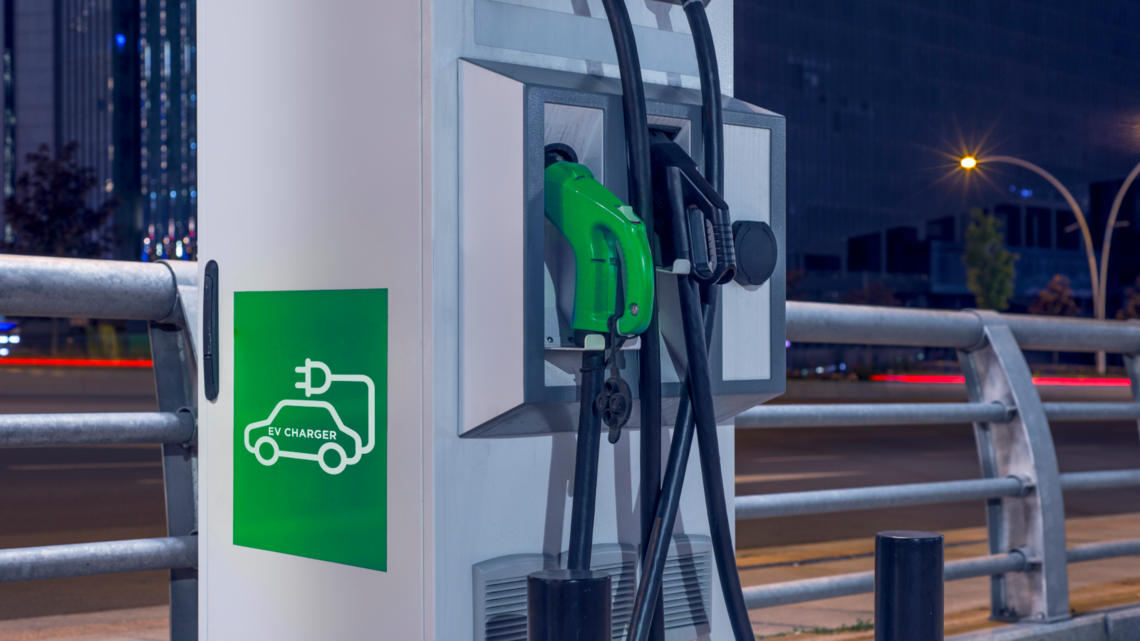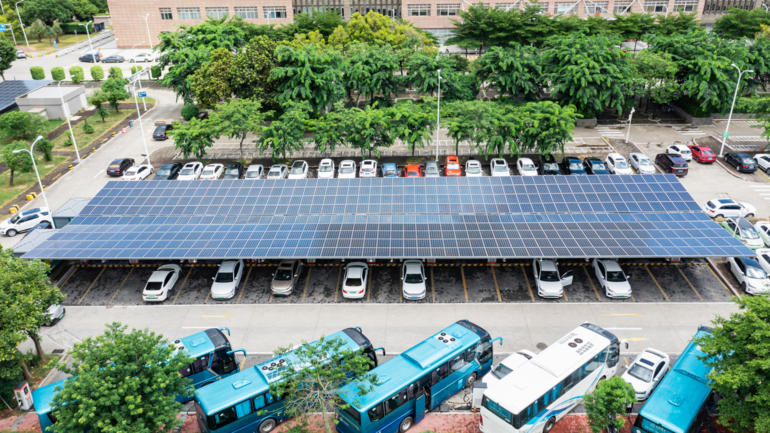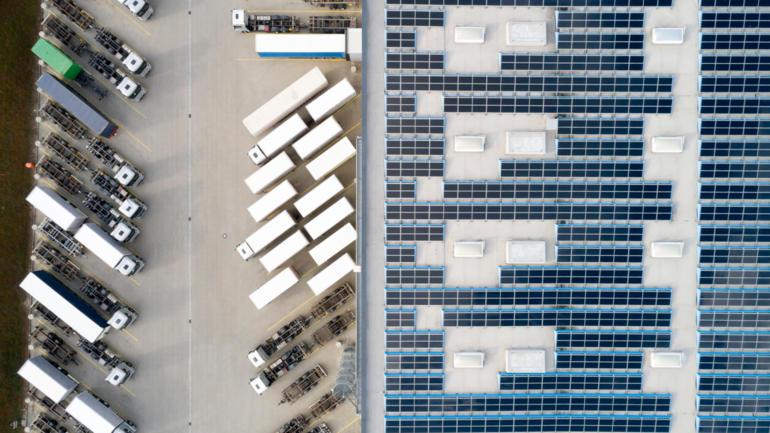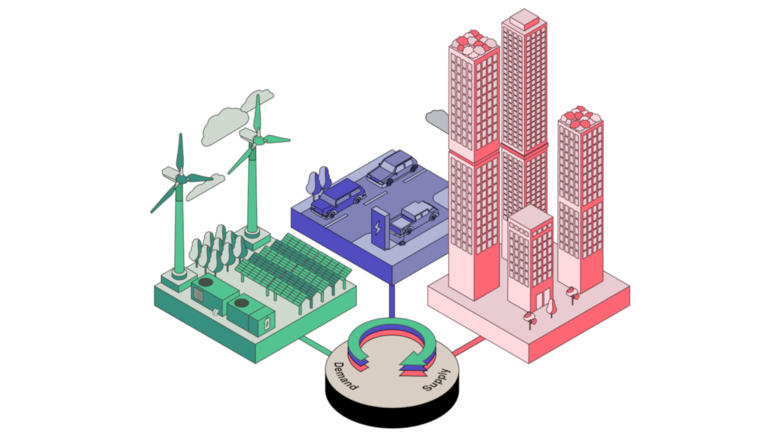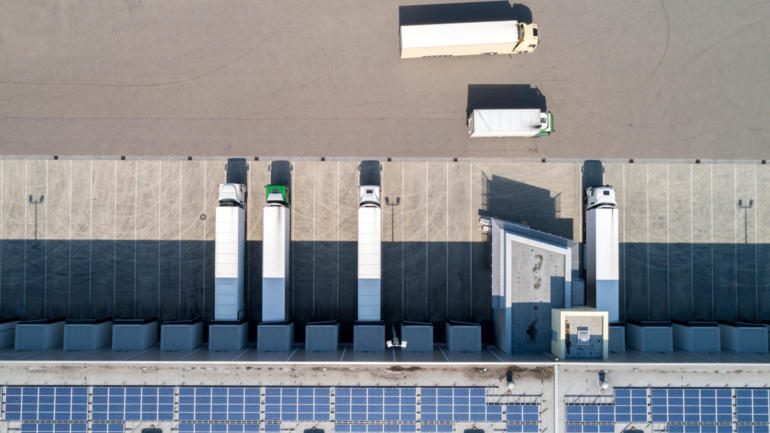Geneva/New Delhi, 3 February – On 14 January 2022, the Ministry of Power in India announced a set of revised guidelines to accelerate the deployment of accessible and affordable infrastructure for electric vehicles (EVs).
WBCSD published policy recommendations for faster EV adoption in June 2021 that align with four of the guidelines. The new guidelines result from a collaborative effort between businesses and policymakers, partly led by WBCSD.
Since 2019, WBCSD has convened over 30 companies, including ABB, Fortum, IKEA, Mahindra, Shell and Tata Power, and various ministries, including the Ministry of Power, to accelerate India's transition to electric mobility and enhance collaboration between policymakers and businesses. This partnership culminated in the report Policies for India’s global leadership on EV adoption, which was submitted to Vivek Kumar Dewangan, Additional Secretary, Ministry of Power, who wrote the report foreword.
The key guidelines consistent with WBSCD’s policy recommendations include:
- Defined timelines for providing connectivity to public charging stations, which will institute clear market rules that will ease project planning and viability for charging companies.
- Any charging station may obtain electricity through open access regulation, at defined rates, from any generation company. Regulations like open access that allow renewable energy sourcing for EV charging can ensure that India’s transition to electric mobility is clean.
- Government and/or public entity-owned locations that could be used for charging stations will be earmarked. The identification and allocation of suitable land parcels for charging infrastructure set-up can bring speed and provide an impetus for the rapid scale-up of infrastructure.
- A revenue-sharing model for land will be introduced, wherein the charging company will share their revenue at a fixed rate of INR 1/kWh (USD $0.013/kWh) with the land-owning agency. The introduction of such a mechanism hinges the land rent on charging utilization instead of fixed lease rentals, increasing the financial viability for charging companies.
WBCSD estimates that the new guidelines will ease project planning for charging companies, increase the use of clean energy at charging stations, improve access to affordable land, and strengthen the investment viability for businesses.
Thomas Deloison, Director, Mobility, WBCSD, commented: “India needs to install three million public chargers by 2030, up from a few thousand today. The new policy guidelines announced by the Ministry of Power to accelerate the deployment of charging infrastructure will support collaboration between the Indian Government and industry leaders in the mobility, power and real estate sectors. WBCSD welcomes the corporate leadership and collaboration that led to the alignment of WBCSD’s consensus-based policy recommendations with these new guidelines.”
To learn more about this initiative and to get involved, please contact Appurva Appan (appan@wbcsd.org).

